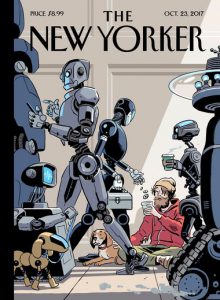
Some time ago, as I was going through Ruskin’s Fors Clavigera, I would re-type sections into a message for a good friend, C______. Herein are some of the reasons we were so locked-in with the heart and mind of the Victorian savant:
The second major stage of his career may be said to begin in 1858, when Ruskin was visiting Turin and, having been depressed by a boring and stupid sermon, saw Veronese’s painting of King Solomon and the queen of Sheba. He was utterly overwhelmed by the sensual immediacy of the work, which seemed to him far more obviously true than the spectral doctrines of the Christianity whose hold on him had been gradually (though insensibly) loosening. He experienced what he later called his “deconversion,” and this lasted for nearly twenty years. This was the period of Ruskin as political economist—though, thanks to his incapacity to separate the forces that most of us find it convenient to separate, his thoughts about political economy were always connected to his aesthetic convictions and even (though in a new and often subterranean way) to his deep and detailed knowledge of the biblical call to justice.
The major product of this period of Ruskin’s life was the collection of monthly pamphlets known as Fors Clavigera. Ruskin thought of these pamphlets as open letters: the full title of the project was Fors Clavigera: Letters to the Workmen and Labourers of Great Britain. After decades of work as a historian and critic of art and architecture, Ruskin had come to believe that (1) the arts of his own age were, generally speaking, far less excellent than they should be; (2) that those deficiencies were inevitable by-products of a corrupt system of political economy that promoted profit for the industrialist above all and so enforced impersonal efficiency and productivity over the flourishing of makers and craftsmen; and (3) that, therefore, a critique of political economy must be articulated before anything else. The political economy of Britain had to be altered so that the conditions of labour could be improved so that the arts could be renewed so that persons could thrive once more. Thus Ruskin’s first major exercise in this endeavour was a series of 1857 lectures published as The Political Economy of Art.
EmPHAsis added. I can love some old-fashioned-y-ness, especially retro-fit with eye shadow and boots of punk or, like here, the scholarly sense of seeing so many things as inseparable.


